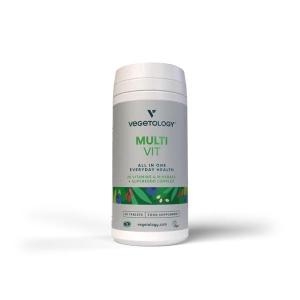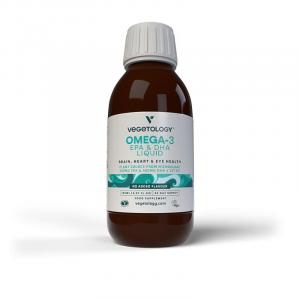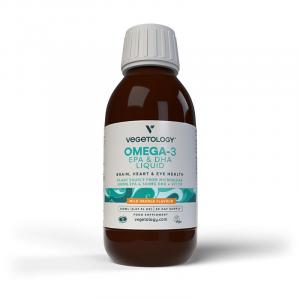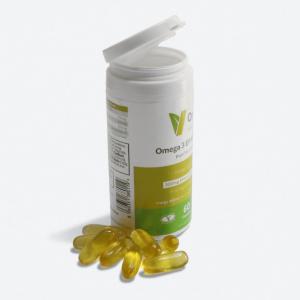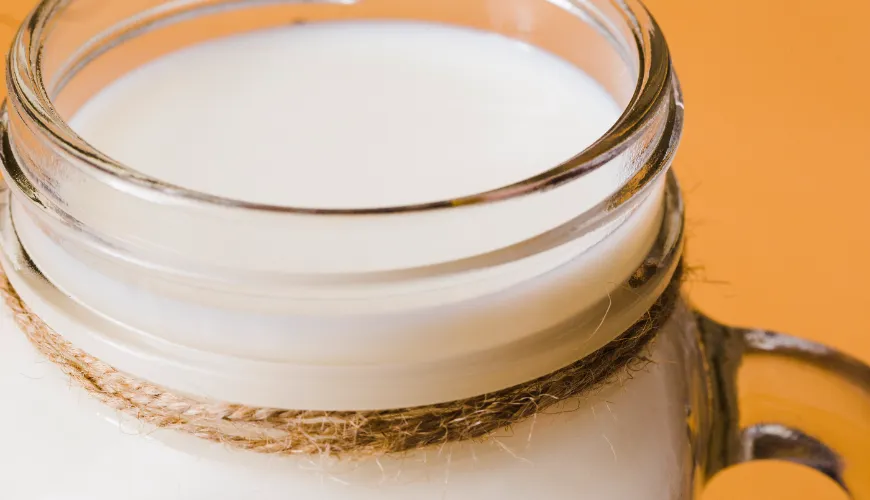
Why Protein Intake is Important During Pregnancy and How to Achieve It

How About Protein During Pregnancy? Facts, Myths, and Discussions
Pregnancy is a time full of questions, decisions, and various recommendations. One of the frequent topics that appear in discussions online and during consultations with nutritionists is protein intake during pregnancy. In particular, whether it is appropriate to include protein supplements, such as whey or hemp protein, or what experiences other women have. Many expectant mothers seek answers to questions like: Can I have a protein shake while I'm pregnant? Will it harm the baby? And which protein is the most suitable for me?
The topic of "protein during pregnancy" is therefore not just about nutrition, but also about trust, information, and sometimes fear. Let's take a look at the facts, experiences, and tips that might help answer the questions you may be asking yourself.
Proteins as a Basic Building Block
The foundation of everything is understanding why proteins are so important during pregnancy. They are a key nutrient involved in the growth and development of the fetus, building new tissues, and the production of hormones and enzymes. During pregnancy, the requirements for protein intake increase—not only must a woman's body meet its own metabolic needs, but it must also nourish the developing child.
According to WHO or the recommendations of the Czech Society for Nutrition, a pregnant woman should consume about 1.1 to 1.2 grams of protein per kilogram of body weight per day. This means that a woman weighing 65 kg should consume approximately 72–78 grams of protein daily during pregnancy.
Does it sound simple? Theoretically yes. But in practice, many women struggle with loss of appetite, nausea, fatigue, and often lack the time to prepare balanced meals. And this is where the question arises whether it makes sense to supplement proteins in the form of a protein drink.
Protein Supplements - Yes, But Wisely
The growing interest in healthy eating has brought a range of dietary supplements to the market. Among the most commonly discussed are whey protein, or whey protein, and the increasingly popular hemp protein, especially among women looking for a plant-based alternative. The question is: Is it safe to use them during pregnancy?
Whey protein is a by-product of cheese production and is known for its high biological value—the body can utilize it very well. It contains all essential amino acids and is easily digestible. That is why it is one of the most common options for athletes and regular users.
On the other hand, there is hemp protein, a plant-based product derived from hemp seeds. It contains not only proteins but also fiber, omega-3 fatty acids, and antioxidants. Its advantages include being gentle on the digestive tract and hypoallergenic—it contains no gluten or lactose.
Try our natural products
From a medical perspective, neither of these proteins is considered harmful if consumed in moderation and as part of a varied diet. "Quality whey or plant-based protein can be a safe part of the diet even during pregnancy, as long as it is not in extreme doses or as a substitute for regular meals," says MUDr. Petra Kotková, a specialist in nutrition for pregnant women.
What Do Mothers Say? Discussions Across Forums
When women consult an expert, they often want to know not only theoretical information but also practical experiences. And these are shared on internet forums, in discussion groups, and on social media. A search for "protein during pregnancy discussion" returns hundreds of posts that vary according to personal preferences and health status.
One of the common concerns is whether the protein drink contains sweeteners, artificial flavors, or other additives that might negatively affect the health of the mother or fetus. That's why it's important to read labels and choose pure, preferably organic products without added substances.
For example, a user from the eMimino forum shares: "In the first trimester, I wasn't able to eat anything, and a protein shake was my only salvation. I bought organic hemp protein without flavoring, mixed it into porridge, and felt much better."
Experiences vary, but they have one thing in common—women who carefully select the product, consult it with a doctor or nutritionist, and use it as a supplement rather than a replacement for regular food, tend to have positive results. On the other hand, excessive reliance on protein powders or their excessive consumption can lead to an unbalanced diet and burden the kidneys.
How to Choose the Right Protein During Pregnancy
If a pregnant woman decides to include a protein supplement in her diet, it's important to pay attention to quality and composition. Ideally, it should be:
- Free of artificial sweeteners (especially aspartame or sucralose)
- Without excess vitamins and minerals that may be contraindicated during pregnancy (e.g., excessively high doses of vitamin A)
- Free of GMO ingredients and allergens, such as soy or lactose (in case of sensitivity)
- As pure as possible and without unnecessary additives
In this regard, hemp proteins are often very well-rated, as they are usually produced by mechanical pressing without chemical modifications. The natural composition, high fiber content, and plant-based nutrients make hemp protein a suitable alternative for women who want to eat as naturally as possible during pregnancy.
There are also specially formulated protein blends for pregnant women available on the market, which are nutritionally balanced and supplemented with folic acid, iron, and other substances important for fetal development. However, these products tend to be significantly more expensive, and their use should be consulted with a doctor.
Protein as a Helper, Not a Substitute
It's important to realize that protein supplements are not a miraculous solution. They are a convenient tool to supplement proteins when there is not enough time to prepare a meal, or when the body refuses solid food. A good example is the preparation of a simple smoothie with fruit, plant-based milk, nuts, and a spoonful of protein—quick, nutritious, and easily digestible.
Similarly, protein drinks can be beneficial after childbirth, during recovery, and with increased nutritional demands during breastfeeding. However, they should always be part of a balanced diet that includes fresh foods, vegetables, whole grains, and healthy fats.
In this spirit, the advice of experts and experiences of mothers holds true: listen to your body, choose wisely, and if you have doubts, consult the choice with an expert. A good protein can be a truly useful helper during pregnancy—but not a substitute for real food and a varied diet.
As Hippocrates once said: "Let food be thy medicine and medicine be thy food."
